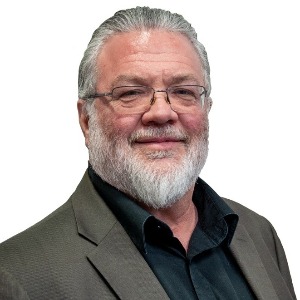Medical Anthropology
Medical anthropology is a sub-discipline of anthropology that studies the social, cultural, and political influences related to health and illness in both human and non-human primates. More specifically, medical anthropology looks at the relationship between biological, social, and cultural aspects of health and disease prevention, promotion, and treatment among various populations. Traditional medicine is a major area of focus in medical anthropology research. This includes a variety of healing approaches, including shamanism, Chinese medicine, ayurvedic medicine, homeopathy, herbalism, and African-based medicine, to name a few. Traditional medicine is an important part of healthcare globally, particularly in areas where access to Western care is limited or expensive. In some cases, traditional forms of care may provide a great resource for communities where healthcare workers may not have adequate training or resources for treating certain conditions. Furthermore, traditional medicine and practices may be used either as an alternative or complementary approach to healthcare. Medical anthropologists studying traditional medicine have revealed how global social, cultural, and political forces have influenced the distribution, acceptance, and exclusivity of particular healing approaches. For instance, while Chinese medicine is viewed as a legitimate school of medicine in mainland China, practitioners in many other countries find it difficult to be accepted. In addition, medical anthropologists have studied and written about the importance of cross-cultural understanding when dealing with traditional healers. For example, healers from different cultures may require different approaches to care and communication to ensure that their needs are met and that effective treatment can take place. Ultimately, medical anthropology makes it possible for researchers and medical professionals to understand the ways in which different cultures and populations approach healing, healthcare, and disease prevention. By understanding the cultural context behind different healthcare systems, it becomes possible to provide better care and improved patient outcomes by taking traditional practices and beliefs into consideration.

Mary Jo Bulbrook
Akamai University, United States
Kenneth R Pelletier
University of California School of Medicine, United States
Gene Bruno
Nutraland, United States
Kevin KF Ng
MD Natural Care LLC, United States
Julieta Andico Songco
JAS Consulting Services, United States
Debrah Nadler
Alzheimer’s Support, LLC, United States




Title : The importance of integrating TCM with conventional medicine in the diagnosis and treatment of physical and mental exhaustion due to excess or lack of professional activity
Angela Sanda Tudor, Society of TCM from Romania, Romania
Title : Change your genes - Change your life: Sorting the hope from hype of human longevity
Kenneth R Pelletier, University of California School of Medicine, United States
Title :
Laure Le Corroller, Dr.& Master Sha Tao Academy, Canada
Title : Examining the factors that decrease and increase the effect of acupuncture
Yucel, Elonysia LLC, Turkey
Title : Pure consciousness and lifestyle practices in ayurveda — Positive epigenetic transformations
Girish Momaya, Maharishi European Research University, Netherlands
Title : Akkermansia muciniphila 001 (AKK001™) postbiotic for body morphology and metabolic indicators in an overweight population: A randomized, controlled trial
Gene Bruno, Nutraland, United States